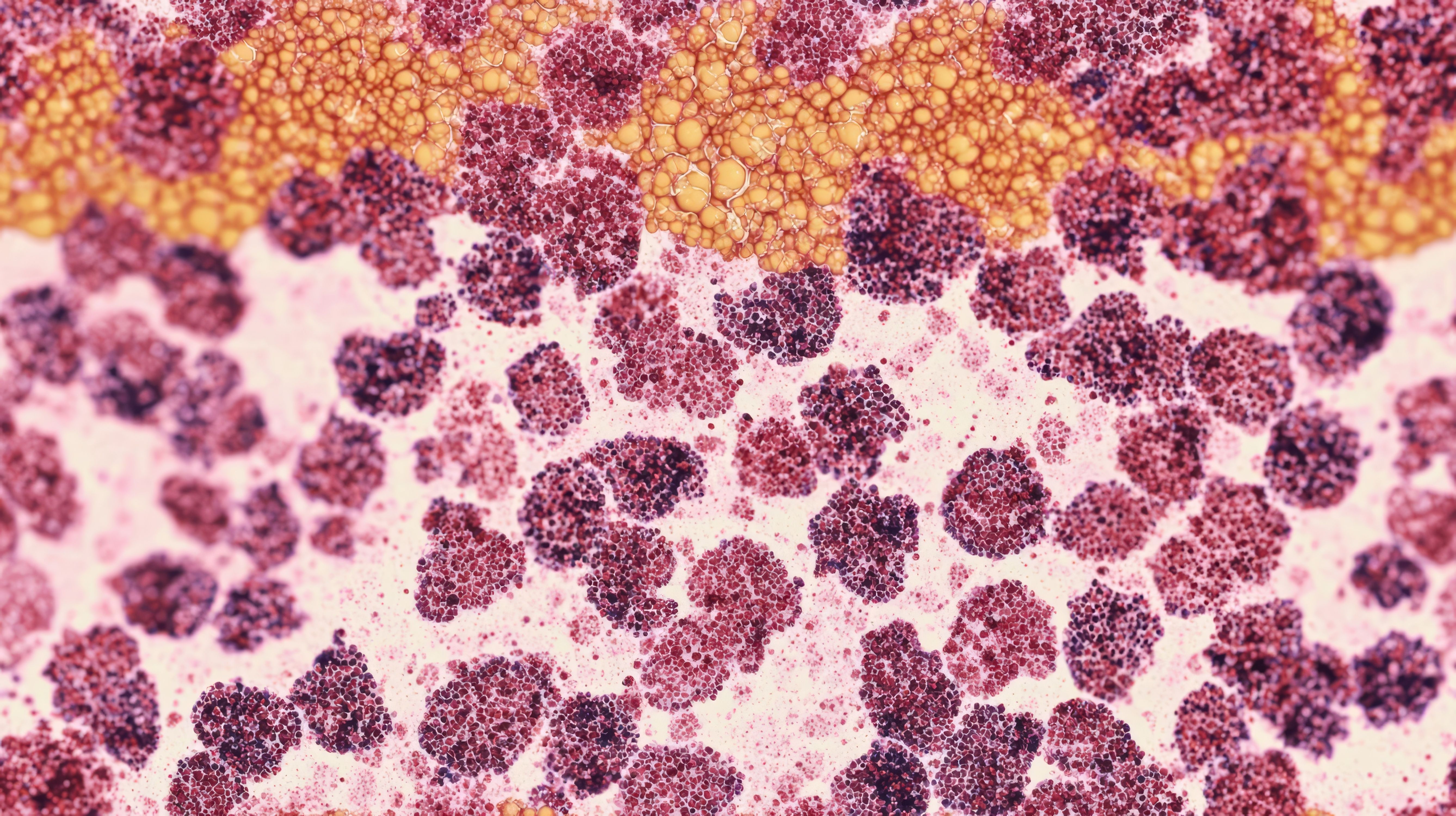Article
Drug Pricing Restricts Access to Cancer Treatment
Author(s):
Availability of new therapies and cost concerns create barriers for cancer patients.
For effective treatment, patients with cancer need to be able to quickly access affordable drugs, but may not be able to, according to 3 studies that will be presented at the European Cancer Congress 2017.
Patients with cancer may face delays in the availability of novel treatments, in addition to high costs for well-established treatments, such as generics. These occurrences may lead to adverse events in some patients if they are not able to access newly-approved or older cancer treatments.
New cancer treatments are approved through the European Commission to ensure access to beneficial drugs across the European Union. However, each member state is responsible for deciding reimbursement and pricing for each drug, which can result in significant differences in availability and accessibility to new drugs, according to the study.
In 1 of the new studies, the investigators evaluated the approval processes for 48 cancer drugs approved by the European Medicines Agency between 2011 to 2015.
The researchers reported that 17 approvals were based on 1 trial that used overall survival as a primary endpoint, 19 approvals were based on progression-free survival as a primary endpoint, and 12 approvals were based on overall response rate as a primary endpoint.
"These new drugs all show clinical benefit," said researcher Markus Hartmann, PhD. "Our data indicate in the overall survival group a median survival gain of 3.0 months, while in the progression-free survival group the median gain was 3.8 months. However, the trial design, trial endpoint and magnitude of effect is evaluated quite differently by the health technology assessment (HTA) authorities in the UK, France and Germany, even though they reviewed the same, or very similar, clinical data."
Disparities in HTA outcomes depend on numerous factors, and HTAs use different methods to develop reimbursement models for newly-approved drugs. France, the UK’s National Institute for Clinical Evidence (NICE), and the Scottish Medical Council all use health economics to determine reimbursement, while Germany relies on benefit assessment and price negotiations, according to the study.
Access to new cancer treatments in England and Wales is also impeded by delayed decision-making, compared with the other countries.
"In our study, in France and Germany around 80% of decisions were positive, whereas for UK's NICE, every third assessment ended with a negative outcome," Dr Hartmann said.
In another presentation at the conference, the researchers will discuss how costs for generic cancer drugs have dramatically increased. From 2011 to 2016, certain cancer drugs saw an increase of more than 1000%.
"We were surprised to find several companies consistently raising the prices of cancer treatment. Twenty treatments have shown rises of over 100% in the last five years, and in two -- busulfan (used to treat leukemia) and tamoxifen (breast cancer) -- prices have increased by over 1000%,” said researcher Andrew Hill, PhD. “We have found that some companies take over the supply of some generic cancer medicines and then raise the price progressively.”
The investigators report that the Department of Health in the UK is aware of this phenomenon and has implemented measures to regulate future drug prices. Any pharmaceutical company that raises prices without substantial justification will be referred to the Competition and Markets Authority, which could result in financial penalties, according to the study.
Inflating prices for well-established cancer drugs can put a strain on health care entities and patients, and could also negatively influence disease progression and survival.
The investigators found similar occurrences in other European countries. Specifically, in Spain and Italy, refusing to accept high prices resulted in pharmaceutical companies warning that they could stop supplying the drugs, according to the study.
"We hope that, by explaining what we have found in the UK, other European countries will take note and protect themselves against these kinds of price rises," Dr Hill said. "At a time when cancer patients are living longer and better lives due to effective treatments, this situation is particularly worrying."
Another presentation at the conference will discuss how these drastic price increases are unjustified due to cheap manufacturing processes for cancer drugs included in the World Health Organization’s Essential Medicines List.
These findings show that numerous cancer drugs can be manufactured for less than 1% of the prices charged in the US and UK, according to the study.
"For example, tamoxifen, used to treat breast cancer, can be manufactured for less than two US dollars per month of treatment, and imatinib, used in the treatment of chronic myeloid leukemia, can be produced for $54 per month," said researcher Melissa Barber.
These low cost drugs could be used in certain low- and middle-income countries to treat patients with cancer after widespread HIV and AIDS treatments, according to the study. The researchers hope to see expanded cancer treatment programs implemented in Rwanda and Haiti.
"Showing that certain cancers could be treated for very low prices could transform the future of people with these cancers in very low-income countries where there are usually few or no treatment options," Barber said.
These studies show that prices for certain cancer treatments are rising without cause, and varied reimbursement may result in limited access to adequate therapy for patients. High costs may also prevent patients in lower income countries from receiving care.
Newsletter
Stay informed on drug updates, treatment guidelines, and pharmacy practice trends—subscribe to Pharmacy Times for weekly clinical insights.




